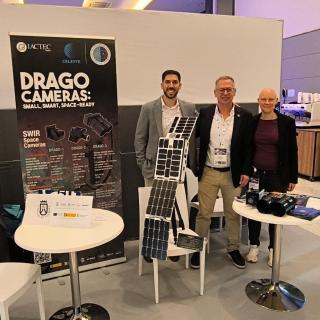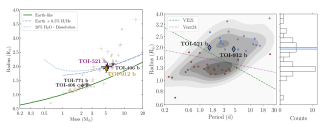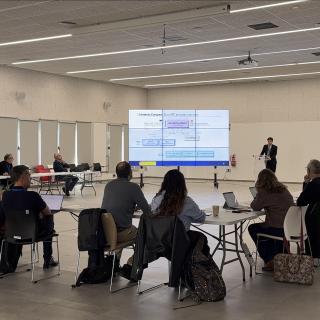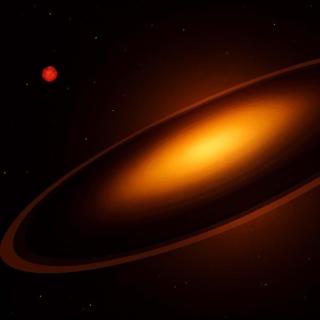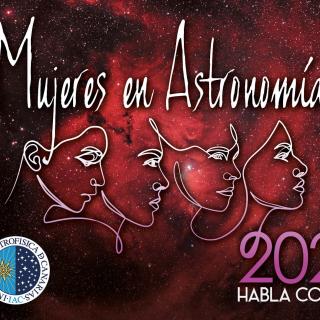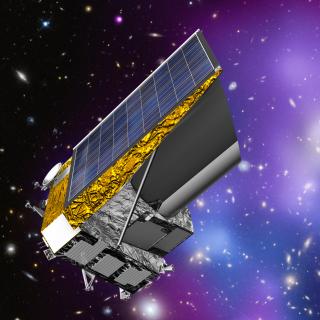
El Museo de la Ciencia y el Cosmos (MCC) y el Instituto de Astrofísica de Canarias (IAC) ofrece la oportunidad de reflexionar sobre la pregunta ¿De qué está hecho el 95% del Cosmos? La respuesta la dará el profesor Fernando Buitrago Alonso en una charla abierta al público en el MCC, del Organismo Autónomo de Museos y Centros de Tenerife, el próximo martes 24 de febrero a las 18:00 horas. Como es habitual, la conferencia será libre y gratuita hasta completar aforo. Bajo el título "Euclid: el telescopio Hubble europeo, pero con esteroides", Buitrago explicará por qué, aunque Euclid no sea tan
Advertised on
